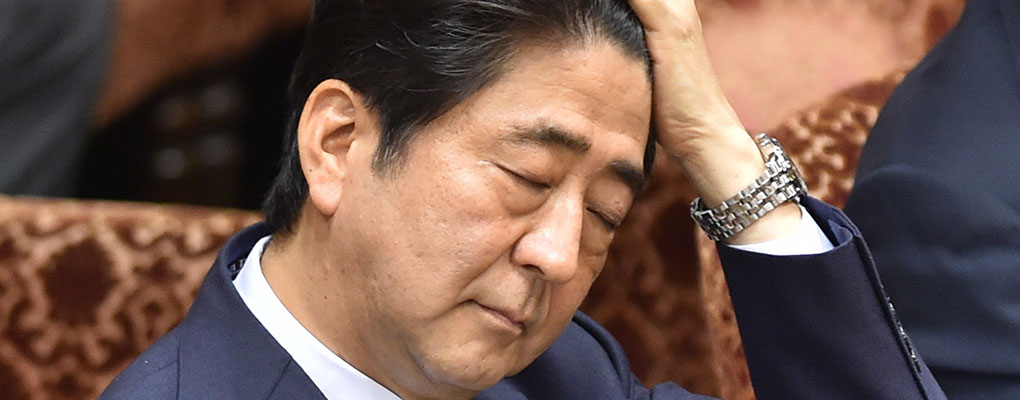
On August 24, Prime Minister Shinzo Abe announced that the Bank of Japan has fallen short its two-year inflation-rate target of two percent, but that it is “acceptable”. The premier expressed to the Japanese Parliament that he has full confidence in the monetary policy of the central bank’s governor, Haruhiko Kuroda – thus indicating that the bank is not under pressure to further expand its massive stimulus programme.
The two percent target has now been moved forward to September 2016
The two percent target has now been moved forward to September 2016, although many experts believe that this new deadline is also over-ambitious.
Kuroda has expressed his willingness to expand the stimulus programme, yet policymakers fear that this could lead to the depreciation of the yen and further raise the cost of living, as well as the cost of imported goods.
While Japan continues to face on-going economic domestic issues, the continued slump in global oil prices is the principle reason behind price weakness. Although there have been promising developments in the country, such as the tightening of the labour market and reduction in the unemployment rate, they have not yet translated into increased consumer spending. In spite of a short-term rise in May, household spending unexpectedly fell once again in June, thereby maintaining an enduring and disappointing pattern of decline.
As illustrated by the performance of the Japanese economy this year, the stimulus programme alone is not enough to reach the two percent inflation target, nor to mitigate against the risk of sustained price decline and deflation. Yet, hope still exists through the export market – large corporations, such as Toyota, Nissan and Honda experienced a boost in profits this year, which in turn led to increased employee wages – such mechanisms could be the solution to fuel spending and in effect, recovery.


